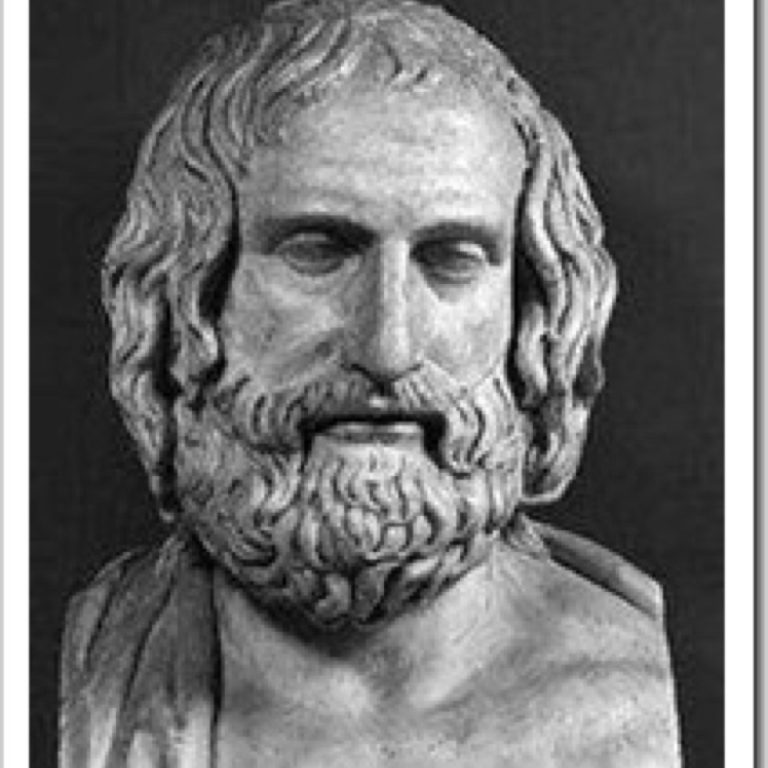Date of Birth: c. 490 BCE
Zodiac Sign: Unknown
Date of Death: c. 420 BCE
Biography
Protagoras was a preeminent Greek philosopher, born around 490 BCE in Abdera, Thrace. He is often considered one of the most important sophists of his time and is best known for his claim that “Man is the measure of all things,” which signifies that there is no absolute truth but that truth is relative to each individual. Protagoras was a contemporary of Socrates and Plato and was known for his ability to teach virtue and rhetoric, which he argued could be taught and learned. Protagoras spent a significant part of his life traveling and teaching across Greece, including a notable period in Athens, where he became associated with influential figures like Pericles. His philosophical contributions centered on agnosticism, the nature of human understanding, and the relativity of beliefs and customs. Protagoras’s works have largely been lost to history, but his ideas have been preserved through the writings of other philosophers, particularly Plato, who documented the dialogues where Protagoras’s views were debated.
5 Interesting Facts about Protagoras
1. Protagoras is credited with the development of the role of the professional sophist, charging fees for instruction in rhetoric and virtue.
2. He was one of the first philosophers to declare agnosticism, famously stating that he could not know whether the gods existed or not.
3. Protagoras wrote several works, including the treatise “Truth” (also known as “Refutations”), though only fragments of his writings have survived.
4. He played a significant role in Athenian society and was known to have been involved in drafting laws for the Athenian colony of Thurii.
5. Protagoras was reputedly exiled from Athens because of his controversial religious views, and it is said that his books were publicly burned.
5 Most Interesting Quotes from Protagoras
1. “Man is the measure of all things: of the things that are, that they are, of the things that are not, that they are not.”
2. “There are two sides to every question.”
3. “Concerning the gods, I have no means of knowing whether they exist or not, nor of what sort they may be.”
4. “Education is the ability to perceive the hidden connections between phenomena.”
5. “Practice does not make perfect. Only perfect practice makes perfect.”
Highest Net Worth Achieved
As an ancient philosopher, Protagoras did not accumulate wealth in the manner understood today. However, he was known to charge substantial fees for his teaching, making him one of the more affluent sophists of his time. Exact figures are not available.
Children
There is no historical evidence or records indicating that Protagoras had any children.
Relevant Links
1. [Protagoras – Internet Encyclopedia of Philosophy](https://www.iep.utm.edu/protagor/
2. [Protagoras – Stanford Encyclopedia of Philosophy](https://plato.stanford.edu/entries/protagoras/
3. [Protagoras – Britannica](https://www.britannica.com/biography/Protagoras-Greek-philosopher
4. [Protagoras – The Sophist](https://www.ancient.eu/Protagoras/


